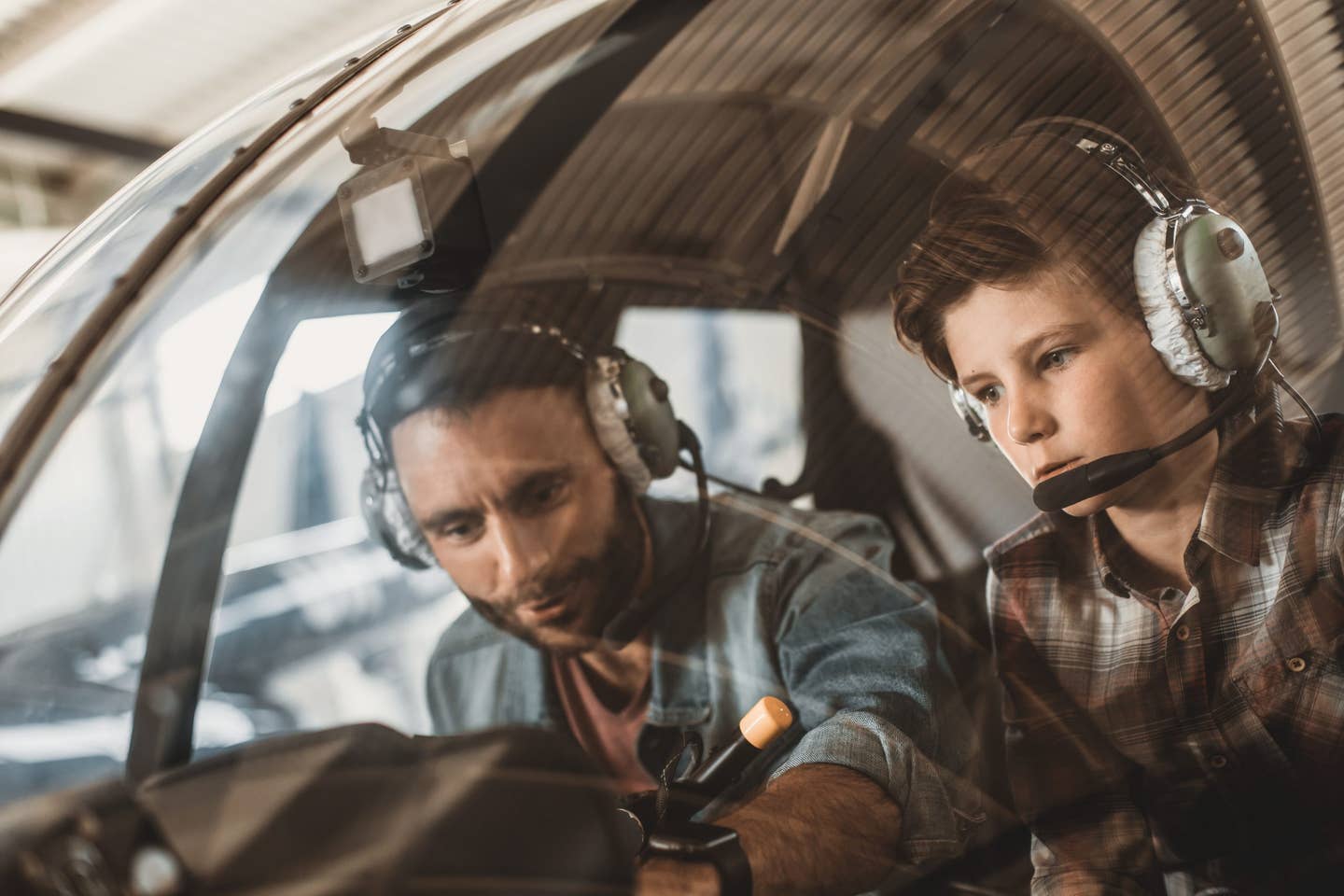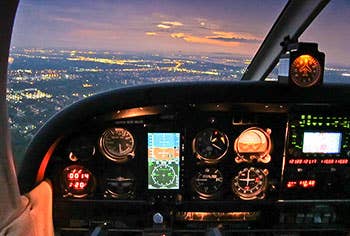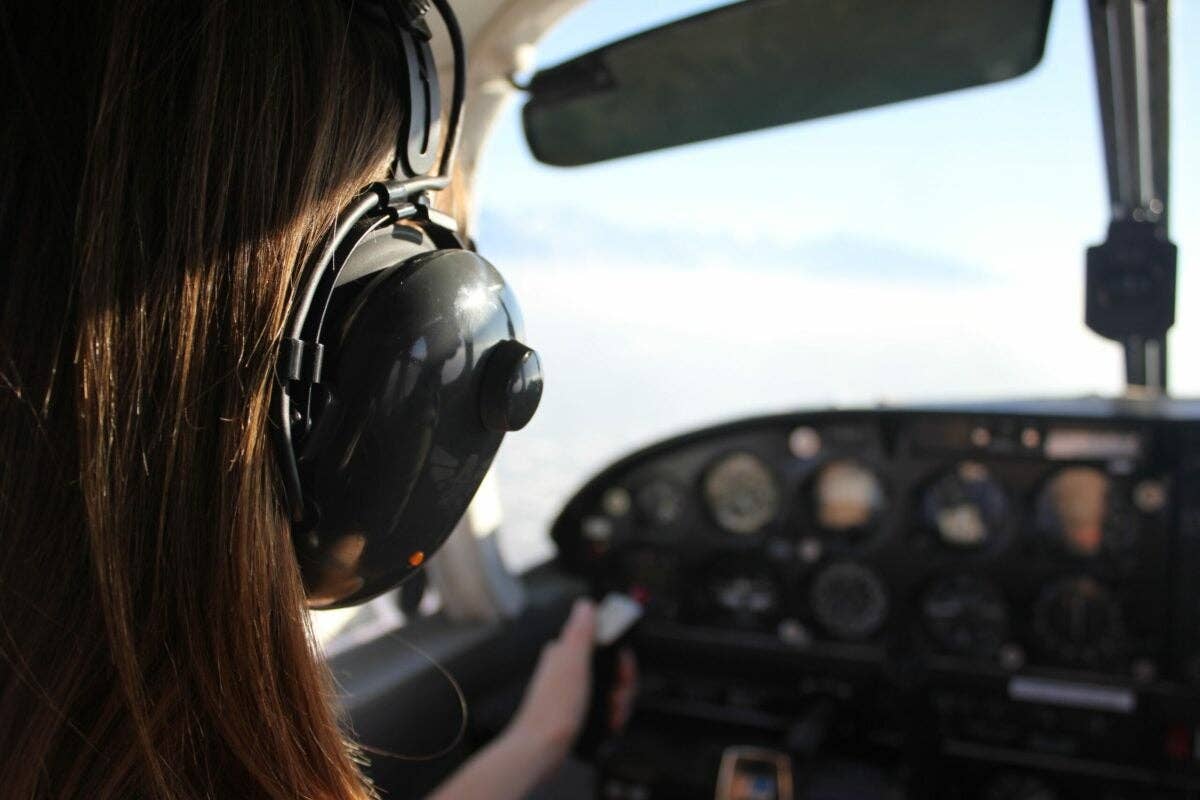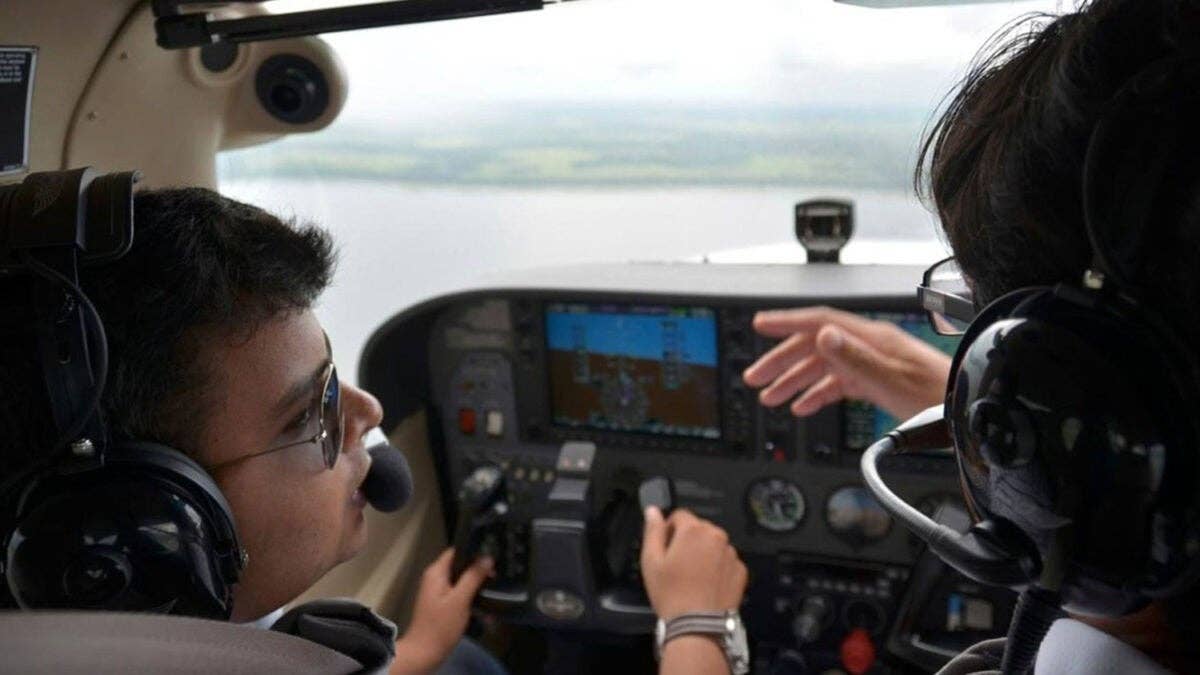What a CFI Wants You to Know: Emotional Intelligence is Needed
How can you prepare for the mindset of the pilot in the other seat?

Michael Wildes says having instructional knowledge is only part of the job of a flight instructor. Credit: Adobe Stock
“How do you manage to trust a new student?! You must be so brave!”
That’s what a family member asked me recently, and I knew what they meant. It wasn’t a speculative question. Indeed, this might be the most important question instructors have to answer each day.
Flight instructors are faced with a unique challenge in that they have to take someone whom they know very little about into the air and trust that the other person in the seat will follow some unwritten code of conduct that will lead to a safe flight. If not for the ultimate reason that their very life depends on it, having an emotional or psychological grasp on the person in the other seat is ultimately what makes or breaks an instructor’s job.
In October, according to a National Transportation Safety Board’s preliminary report, a Piper PA-28-181 operated by a University of North Dakota student in pursuit of his commercial flight training and completing a scheduled night solo training activity, made a “rapid descent” into the ground, not long after the airplane took off.
“How do you make the call to move a student forward who is ill-prepared, and how do you recognize other no-go scenarios?”
Following the tragic incident, the dean of aerospace at UND, Robert Kraus, in a story by the Dickinson Press said, “We don't want to do anything official until the NTSB report comes out, but his family has allowed us to say that yes, there were mental health concerns.” Furthermore, Kraus suggested that there were no “warning signals” prior to the accident and that the student was otherwise outstanding.
I have since thought about the student’s primary instructor—especially the one who signed him off—and can hardly imagine what they are experiencing. Naturally, instructors are the closest point of contact with students and have the first insight into someone’s state of readiness to fly.
While this is an extreme case, I wonder if new instructors are being groomed with the tools to answer these questions that are sure to come up elsewhere.
Not Extreme, But Still Worth Concern
It’s not always extreme cases. There are students who display extended bouts of nervousness, others who lack the immediate cognitive skills necessary to comprehend the complexities of training, still more who don’t have the emotional maturity to deal with setbacks or even odd situations in the airplane, and even some with poor judgment. I’ve flown with a few ill-tempered students who have made me nervous as well.
How do you make the call to move a student forward who is ill-prepared, and how do you recognize other no-go scenarios? How do you recognize states of mind that are transient, and others that are embedded within a student’s psyche, before making a judgment that might affect the arc of the student’s career?
These aren’t easy questions.
There's More on Instructors
According to the FAA U.S. Civil Airmen Statistics database that publishes data on active pilots, pilots who choose to obtain a CFI and CFII have made up two of the fastest-growing categories, with the FAA issuing nearly 70 percent more flight instructor certificates in 2020, than it did in 2010. Furthermore, while the average age of pilots with a CFI climbed to 47 for men and 42 for women, one of the fastest-growing age cohorts of new CFI holders were people ages 16 to 29, presumably an influx of young professionals wanting to realize their dream of airline careers (noting that the minimum age for a commercial certificate is 18 years in the U.S.)
What are we to make of this?
When we least expect it, changing social mores and new normals are trends colliding with the fact that more and more people are in the position to shape the careers of new students, but additionally, have to consider their readiness to fly beyond what they previously may have bargained for.
Indeed, the role of the instructor is changing.
On both sides of the age bracket, instructors are being asked to do more. I’m not certain a teenaged instructor—who couldn’t have been a student much longer before—has the wherewithal to fully assess a student’s character. They just don’t have the life experiences under their belt to identify and address the travails of other adolescent and young adult students.
Separately, considering that the average age of instructors has climbed, I do wonder if, on the other side, instructors aren’t paying attention to how their younger students are expressing themselves.
So What Do We Do?
I won’t be able to offer easy solutions, because ultimately, it will come down to instructors’ own ability to develop as much emotional intelligence as mechanical know-how.
Having instructional knowledge to teach a flight course is only the starting point of the job and will probably get you in the door, but it is your emotional intelligence—your ability to understand, use, and manage your own emotions in positive ways to relieve stress, communicate effectively, overcome challenges, defuse conflict, and empathize with others—that will keep you there, and ultimately make your job worthwhile.

Sign-up for newsletters & special offers!
Get the latest FLYING stories & special offers delivered directly to your inbox






